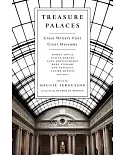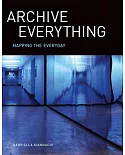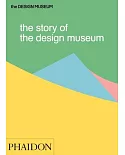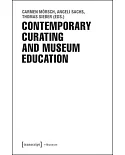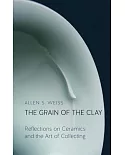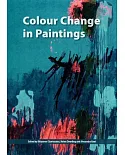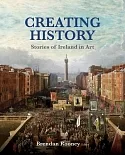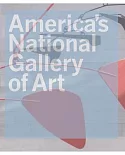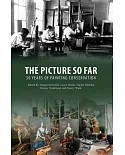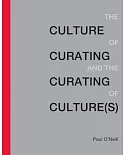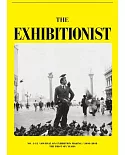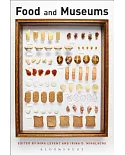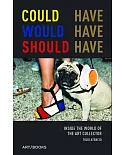The author considers presidential libraries (from Hoover to George W. Bush) from the perspective of performance and how they represent presidential and American character, or disrupt its
dominant narrative. She looks at the historical script of what presidents actually did, how the historical script is crafted for and performed in the libraries, and the cultural script for how
presidents and Americans are expected to perform. She discusses how the institutional character of the presidential library shapes its performance of American character; how libraries emphasize
independence and achievement, including how they create specific kinds of participation by museum visitors and represent presidential legacy; how they might diversify their structures,
contents, and modes of expression to more fully represent the diversity of American experience, examining the role of individual merit in them and the national imagination; their
representations of failures; and how they portray the work of other key actors in shaping presidential character, such as family, the administration, and others. Annotation ©2016 Ringgold,
Inc., Portland, OR (protoview.com)



